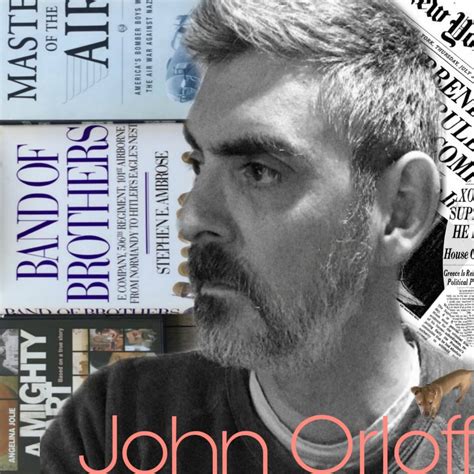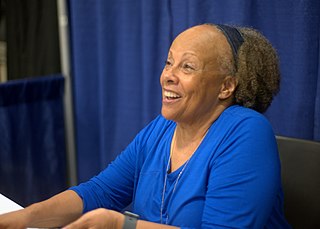A Quote by Jennifer Donnelly
I just love historical fiction.
Quote Topics
Related Quotes
Writers of historical fiction are often faced with a problem: if they include real-life people, how do they ensure that their make-believe world isn't dwarfed by truth? The question loomed large as I began reading 'The Black Tower', Louis Bayard's third foray into historical fiction and fifth novel overall.




































